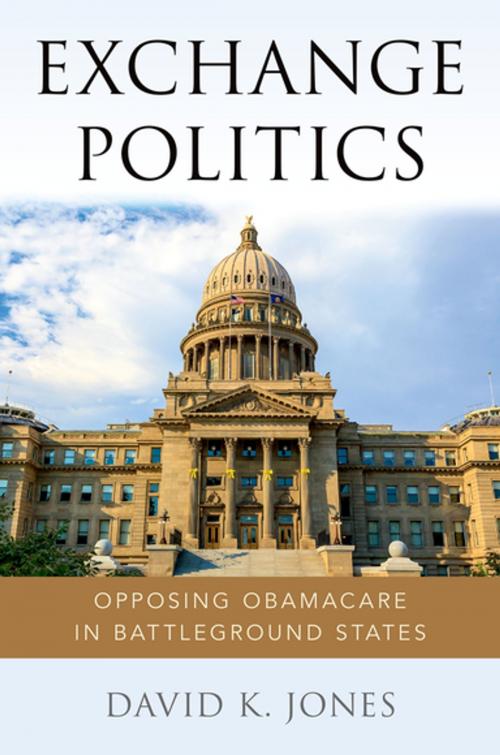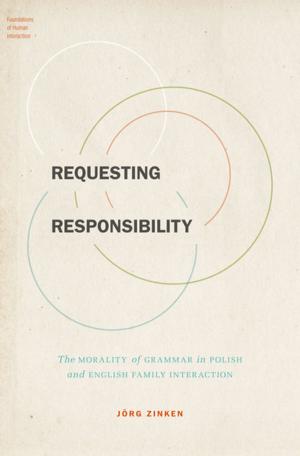Exchange Politics
Opposing Obamacare in Battleground States
Nonfiction, Social & Cultural Studies, Current Events, Political Science, Government, Local Government, Public Policy| Author: | David K. Jones | ISBN: | 9780190677268 |
| Publisher: | Oxford University Press | Publication: | November 7, 2017 |
| Imprint: | Oxford University Press | Language: | English |
| Author: | David K. Jones |
| ISBN: | 9780190677268 |
| Publisher: | Oxford University Press |
| Publication: | November 7, 2017 |
| Imprint: | Oxford University Press |
| Language: | English |
The Affordable Care Act (ACA) contained a threat that any state refusing to set up a health insurance exchange would lose control to the federal government. Republicans had supported the concept before it became part of Obamacare, and so virtually every state was expected to cooperate and implement this core part of the law through which millions would receive financial assistance to buy health insurance. However, 34 states refused to participate, using their flexibility as an opportunity to try to bring down the entire law. This is a stunning miscalculation by the Obama administration. This book tells the story of what happened in the final two states to choose state control (Idaho and New Mexico) and the two that came the closest but did not (Michigan and Mississippi). Contrary to how it is typically described in the media, the most intense split was not between Republicans and Democrats, but within the Republican Party. Governors were the most important people in the fight over exchanges, but did not always get their way. The Tea Party was amazingly successful at defeating the most powerful interest groups. State-level and national conservative think tanks were important allies to the Tea Party. The relative power of these groups was shaped by differences in institutional design and procedures, such as whether a state has term limits and the length of legislative sessions. Opposition was more easily overcome in states whose conditions facilitated the development of legislative "pockets of expertise." This is a dramatic example of opponents using federalism to block national reform and serves as a warning of the challenge of inducing state cooperation in other policy domains such as the environment and education.
The Affordable Care Act (ACA) contained a threat that any state refusing to set up a health insurance exchange would lose control to the federal government. Republicans had supported the concept before it became part of Obamacare, and so virtually every state was expected to cooperate and implement this core part of the law through which millions would receive financial assistance to buy health insurance. However, 34 states refused to participate, using their flexibility as an opportunity to try to bring down the entire law. This is a stunning miscalculation by the Obama administration. This book tells the story of what happened in the final two states to choose state control (Idaho and New Mexico) and the two that came the closest but did not (Michigan and Mississippi). Contrary to how it is typically described in the media, the most intense split was not between Republicans and Democrats, but within the Republican Party. Governors were the most important people in the fight over exchanges, but did not always get their way. The Tea Party was amazingly successful at defeating the most powerful interest groups. State-level and national conservative think tanks were important allies to the Tea Party. The relative power of these groups was shaped by differences in institutional design and procedures, such as whether a state has term limits and the length of legislative sessions. Opposition was more easily overcome in states whose conditions facilitated the development of legislative "pockets of expertise." This is a dramatic example of opponents using federalism to block national reform and serves as a warning of the challenge of inducing state cooperation in other policy domains such as the environment and education.















